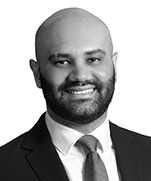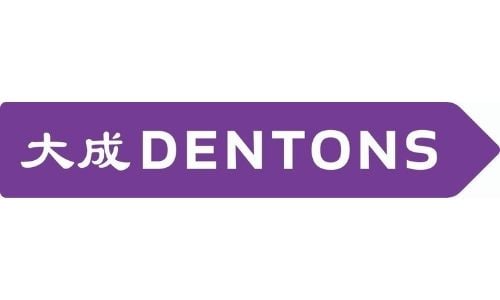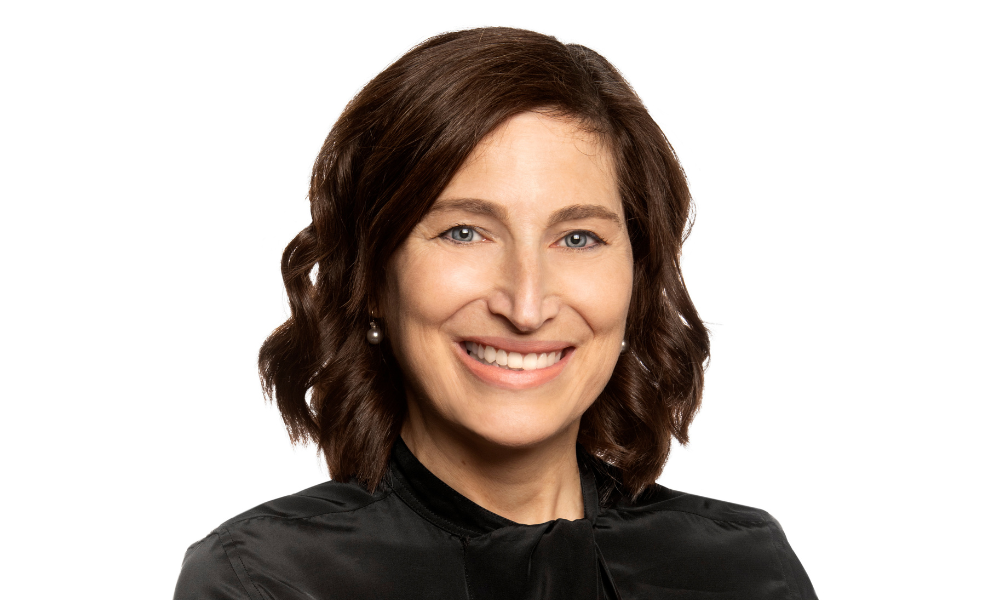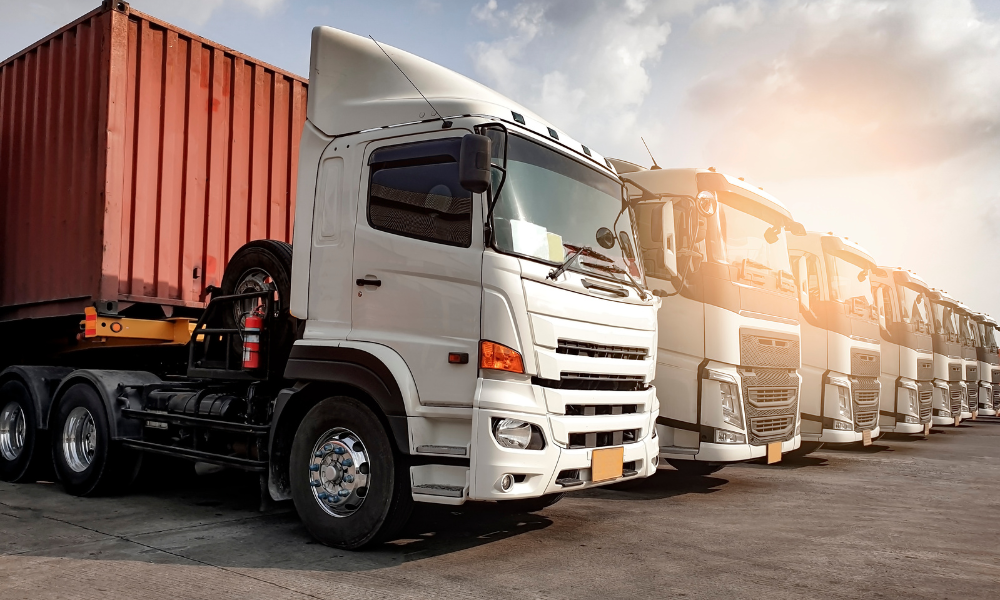What are Decentralized Autonomous Organizations (DAOs)?
Decentralized Autonomous Organizations (“DAOs”) are a novel organizational form built on blockchains that can be designed in many different ways and for many different purposes. As a result, there is no single definition to capture the full scope of nuance that exists across DAO forms. For the purposes of this article, we try to identify common characteristics so that readers can appreciate the general concept of DAOs and both the opportunities and challenges that exist for DAO development moving forward.
DAOs are by their very nature decentralized, meaning that control and decision-making ability is distributed amongst a network of entities, rather than a single controlling entity. In practice this means that unlike traditional corporations owned by shareholders and managed by designated directors and officers, DAOs are both owned and managed by their community of members, typically through a democratic voting process. The rules and decision-making processes of DAOs are designed through programmable computer code called “smart contracts”, which together establish a DAOs governance framework. Smart contracts can do this because they are programmed to execute if and when certain conditions are met.
Once smart contracts have been established and programmed into the DAO, parties interested in joining the DAO can obtain DAO tokens (by purchasing them or receiving them for free) that can represent voting power and an economic interest in the DAO in an amount that is often proportionate to their stake of the DAO's total token supply. As soon as the DAO is live, users can propose and vote on initiatives with their tokens. When the final tally of votes toward a proposal is in, DAO smart contracts typically automate a response on behalf of all DAO token holders (i.e., the members of the DAO).
Recent Articles
Advantages of a DAO Structure
While most organizations operate using decision-making models where power is concentrated in the hands of a few stakeholders, one of the purported advantages in ceding control and adopting a more decentralized model is that it minimizes the risk of human error. This is possible for two main reasons:
- DAO rules are enforced by code rather than natural persons. Stakeholders no longer need to trust natural persons to implement decisions, and can instead rely on the sanctity of the code, to automate decisions in accordance with the rules stakeholders have previously agreed upon. Code is arguably more reliable than natural persons because it is publicly available and can be extensively tested before being launched; and
- DAO decisions are made by a collective of members, rather than a select few. Proponents of DAOs argue that decisions made by a collective will be better informed and have a greater chance to succeed.
DAOs are also touted as a promising vehicle for engaging a community around common goals, whether for profit or not-for-profit, because they not only afford their members a “say” in decision-making but can also be used to reward members for participation. With DAOs, the community is the owner, manager, customer and/or advocate of the product or service at the same time.
A decentralized model can also provide a solution to the principal-agent problem, which is characterized by conflicts that occur between the principal (one person or group of people, ex. shareholders), and their agent, (a corporation’s officers, ex. CEO), who may have conflicting priorities and be tempted to act in their own self-interest. The community governance afforded through DAO structures is arguably better suited to align stakeholder incentives.
Disadvantages of a DAO Structure
Community governance can be inefficient and ill-informed. Moreover, the pseudonymous nature of membership may have a deleterious effect on the relationships between members that could encourage bad actors, lead to less effort being put into DAO initiatives, and/or result in an overall lack of DAO engagement. The risk that DAO members simply "care less" would be amplified by a DAO structure that allows members to enter and exist on-demand with no repercussions (as is generally the case with most DAO structures in existence today).
DAOs also introduce significant challenges in establishing accountability. DAOs are by their very nature decentralized, meaning that control and decision-making ability is distributed amongst a network of entities, rather than a single controlling entity. However, the more decentralized the organization, the more difficult it is to attribute responsibility to the actions of a particular group(s) or individuals, which can lead to significant problems in the event that the DAO faces challenges. Difficulties establishing accountability are exacerbated by the pseudonymous and often international nature of DAO membership. These same risks are at the centre of the multitude of compliance challenges that stand in the way of DAO development and their general ability to integrate into the global market.
Incorporating a DAO: Legal Challenges and Questions
Canada has not introduced legislation or issued regulatory guidance addressing the legal structure of DAOs. Accordingly, DAOs have either chosen to operate without incorporating (i.e., as regimeless DAOs), or have pursued formal legal status in foreign jurisdictions, often where DAO-specific laws exist. Typically, these foreign jurisdictions are those with favourable tax regimes (Kerr and Jennings, 2022) and more flexible securities and anti-money laundering rules that allow DAOs to issue tokens and/or operate through an administrative body with limited liability.
Nevertheless, some in the blockchain space have raised the question of whether a community of actors interacting with a smart contract should actually be regarded as an “organization” for legal purposes or whether a stronger degree of involvement is necessary to establish legal accountability for DAOs. These discussions focus on whether a DAO could be considered an entity separate from the individuals that operate it. Opponents to the notion of attributing legal personhood to DAOs have suggested that the “decentralized” nature of a DAO is incompatible with legal personhood, which can only be established if there are one or more actors responsible for the actions of a particular entity (Hassan and De Filippi, 2021).
As a result of their lack of formal legal status, DAOs should be aware that others may be deterred from conducting business with them (Schwinger, 2022) and that there may be consequent roadblocks in supporting their initiatives and ecosystems. Furthermore, absent an applicable legal structure for DAOs, parties are at risk of:
(i) being restricted in operating the DAO;
(ii) held liable for harm resulting from the DAO; and
(iii) being held responsible for tax liabilities of the DAO, to name a few (Kerr and Jennings, 2022).
As the nature of each DAO may be unique, the relevant legal rules that apply depend on the facts and circumstances of each case (Kerr and Jennings, 2022).
In Canada, it is possible that regimeless DAOs organized around profit-seeking objectives may be found to be partnerships. As a result, entities seeking to participate in such DAOs should consider whether they intend to be bound as a partnership or not, and importantly, understand the risks associated with the partnership structure. For instance, if a DAO is found to be a partnership, and its members are considered partners, then an individual who transacts with the DAO may be able to look to the rights afforded to them under partnership legislation and assert those rights against the DAO and its members. This is especially concerning as partnerships impose unlimited liability on all its members (Franzen, 2022). For non-profit DAOs, rules around unincorporated associations may be more applicable. However, the unique functionality of DAOs may make it difficult to fit them into existing legislative frameworks (Kerr and Jennings, 2022).
As the space matures, we expect more DAO founders to seek formal legal status as limited liability entities so that members can benefit from the various legal protections and certainties provided and have a greater chance of integrating into the global market. While certain DAO forms may be incompatible with Canadian laws, or impractical considering the regulatory burden of certain Canadian laws (such as those that trigger securities laws registration requirements, for example), others promise valued transparency and community to an increasing number of enthusiasts. As DAOs increase in popularity, the DAOs that seek to avoid government oversight and taxation will likely encounter greater regulatory enforcement, which the crypto ecosystem should view as a positive step towards supporting the development of legitimate DAO structures.
***
 Ahmed Mudathir (He/Him/His) is an associate in Dentons’ Corporate group. His practice focuses on corporate and transactional matters for venture technology and emerging growth companies, as well as securities and mergers and acquisitions. Prior to joining Dentons, Ahmed was a member of a leading national law firm focusing on corporate and commercial transactions, and leveraging the use of cutting-edge legal technologies. During law school, Ahmed was an active volunteer at his community legal clinic through pro bono client representation and involvement in various clinical initiatives. Ahmed was the recipient of The Honourable John Klebuc and Veronica Klebuc Access to Justice Scholarship in 2017.
Ahmed Mudathir (He/Him/His) is an associate in Dentons’ Corporate group. His practice focuses on corporate and transactional matters for venture technology and emerging growth companies, as well as securities and mergers and acquisitions. Prior to joining Dentons, Ahmed was a member of a leading national law firm focusing on corporate and commercial transactions, and leveraging the use of cutting-edge legal technologies. During law school, Ahmed was an active volunteer at his community legal clinic through pro bono client representation and involvement in various clinical initiatives. Ahmed was the recipient of The Honourable John Klebuc and Veronica Klebuc Access to Justice Scholarship in 2017.
***
 Noah Walters (He/Him/His) is an associate in the Banking and Finance group at Dentons. His practice involves representing blockchain, FinTech and other emerging technology companies on financing and regulatory matters. Prior to joining Dentons Noah co-founded two technology businesses where he held roles as Head of Sales and CEO respectively. Noah’s experience with technology and corporate strategy not only allows him to grasp a deeper understanding of clients’ business, but also gives clients’ the benefit of his practical insight into how their business can best achieve its objectives. Noah joined Dentons as a summer student in 2019 and articled with the Firm in 2020.
Noah Walters (He/Him/His) is an associate in the Banking and Finance group at Dentons. His practice involves representing blockchain, FinTech and other emerging technology companies on financing and regulatory matters. Prior to joining Dentons Noah co-founded two technology businesses where he held roles as Head of Sales and CEO respectively. Noah’s experience with technology and corporate strategy not only allows him to grasp a deeper understanding of clients’ business, but also gives clients’ the benefit of his practical insight into how their business can best achieve its objectives. Noah joined Dentons as a summer student in 2019 and articled with the Firm in 2020.
***
The authors would like to thank Sarah Lam (She/Her/Hers) for her invaluable assistance and contributions to this article. Sarah is an articling student at Dentons and has a strong interest in transactional and corporate matters. While in law school, Sarah was actively involved in a number of community initiatives and served as a Branch Chair of the Canadian Bar Association Law Students Section. Sarah joined the firm as a summer student in 2020 and is expected to be called to the bar in 2023.
Sources:
- Samer Hassan and Primavera De Filippi, “Decentralized Autonomous Organization” (2021) 10:2, Internet Policy Review (Alexander von Humboldt Institute for Internet and Society) 1 [Hassan and De Filippi, 2021].
- Robert A. Schwinger, “Blockchain Law – DAOs Enter the Spotlight”, https://www.nortonrosefulbright.com/-/media/files/nrf/nrfweb/knowledge-pdfs/blockchain-law---daos-enter-the-spotlight.pdf (2022) [Schwinger, 2022].
- David Kerr and Miles Jennings, “A Legal Framework for Decentralized Autonomous Organizations”, https://theblockchaintest.com/uploads/resources/na%20-%20A%20Legal%20Framework%20for%20DAO%20-%202022.pdf (2022) [Kerr and Jennings, 2022].
- Ryan Franzen, “The Law on DAO (Decentralized Automated Organizations)” (2022), McLeod Law LLP, https://www.mcleod-law.com/resource/law-dao/ [Franzen, 2022].





